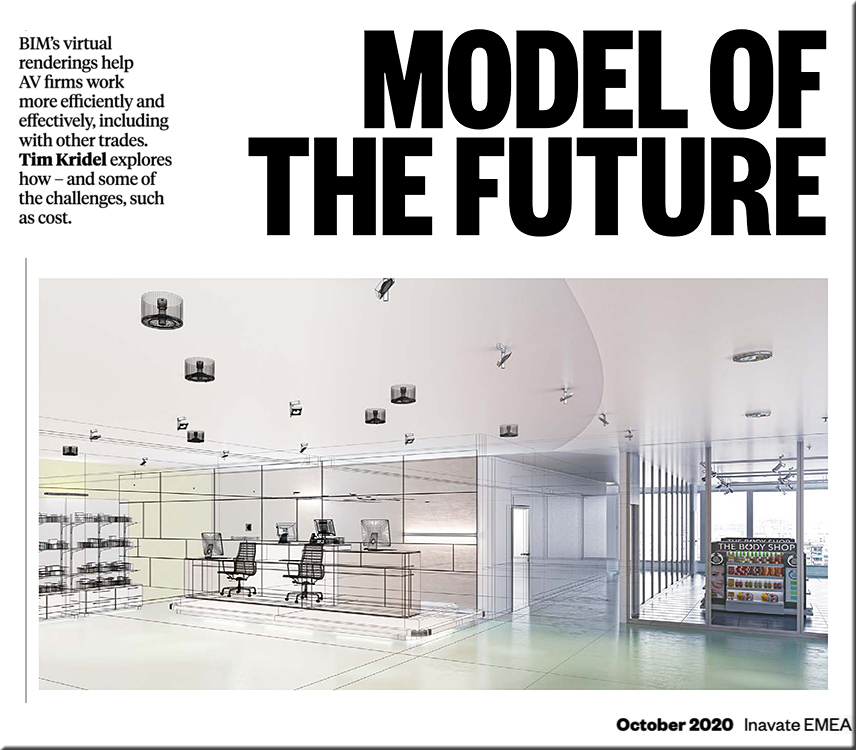Coursera Couple Returns to Higher Ed With $14.5M to Recreate In Person Learning, Online — from edsurge.com by Tony Wan
Learning in the Cloud: Canada’s First University to Move Operations into One Secure Cloud Infrastructure Sets the Stage for the Future of Learning — from globenewswire.com by Athabasca University
Athabasca University (AU) lays the groundwork to build a more accessible and personalized future for post-secondary learners
Excerpt:
Edmonton, Alberta, Sept. 23, 2020 (GLOBE NEWSWIRE) — At a time when you can personalize everything from your online shopping experience to your dating prospects, it seems only reasonable to ask: why can’t students “swipe right” on their course load? Why can’t a degree be structured around what someone wants to learn or how they learn, instead of what’s traditionally part of the program? In other words, why isn’t it possible to choose your own adventure in a university environment?
Athabasca University (AU), Canada’s Online University, recently completed a six-month rapid cloud migration project with Amazon Web Services (AWS) to construct a secure, flexible, and global infrastructure required to make personalized learning an infinitely scalable reality. With the completion of its cloud migration project, AU became the first post-secondary institution in Canada to move its entire digital operations infrastructure into its own secure AU cloud environment powered by AWS.
Care over IP — from Inavate EMEA October 2020
Care over IP The Covid-19 outbreak has put working from home centre stage, but what happens when you work in a hospital? Paul Milligan speaks to those proving remote/virtual alternatives for patient care.
From DSC:
I continue to wonder how telelegal will be impacted by what’s happening with telehealth/telemedicine/virtual health…my guess is that telelegal will also grow quite a bit in the future.
Addendum on 9/25/20, below is an excerpt from a press release sent to me by Ashley Steiger at AristaMD:
University of Colorado School of Medicine and AristaMD Partner to Expand eConsults to Community Providers
SAN DIEGO – Sept. 22, 2020 – AristaMD, an innovative telehealth platform that delivers primary care providers (PCPs) timely and documented specialist insight through eConsults, has partnered with the University of Colorado School of Medicine (CU) to expand eConsults to a network of community providers. The partnership begins with Salud Family Health Center, which has 13 clinic locations and serves communities in northeast and southeast Colorado.
“AristaMD is pleased to be working with our first partner that is a part of the Association of American Medical Colleges’ Project CORE: Coordinating Optimal Referral Experiences. We can support health systems, including those already using eConsults within their own electronic health records (EHR), to more broadly expand to clinics on any system,” said Brooke LeVasseur, CEO of AristaMD. “The AristaMD platform works with all EHRs, seamlessly integrates into physician workflows, and will allow us to scale to community providers throughout the state of Colorado as the partnership grows.”
Also see:









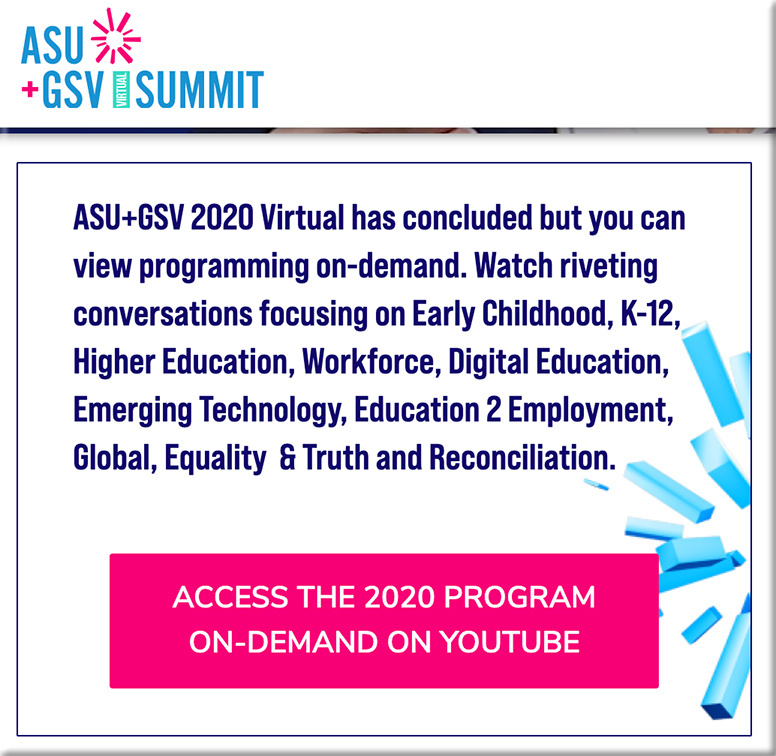
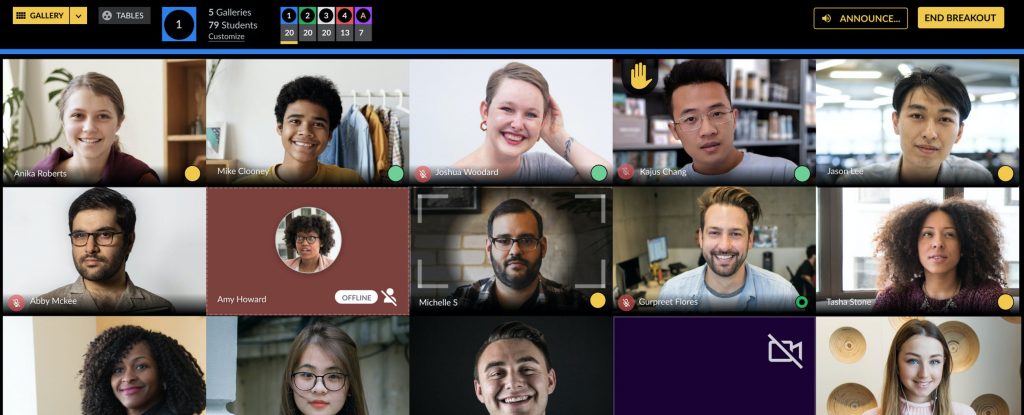
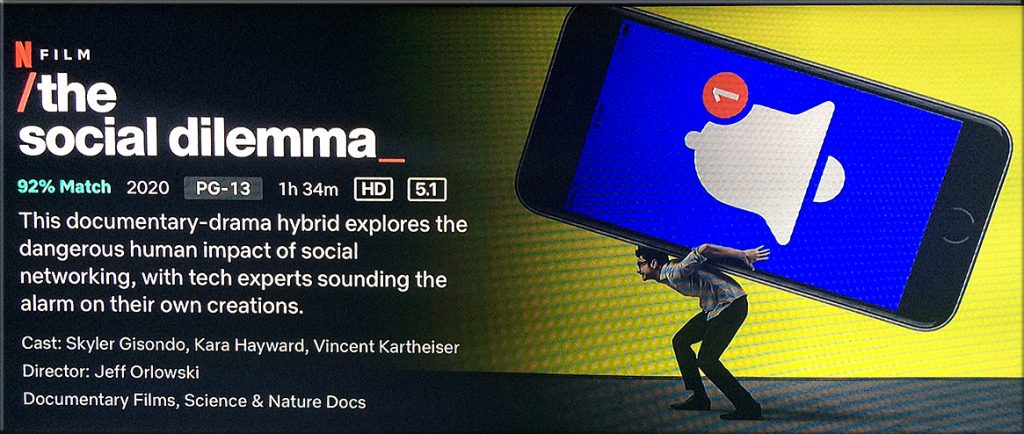
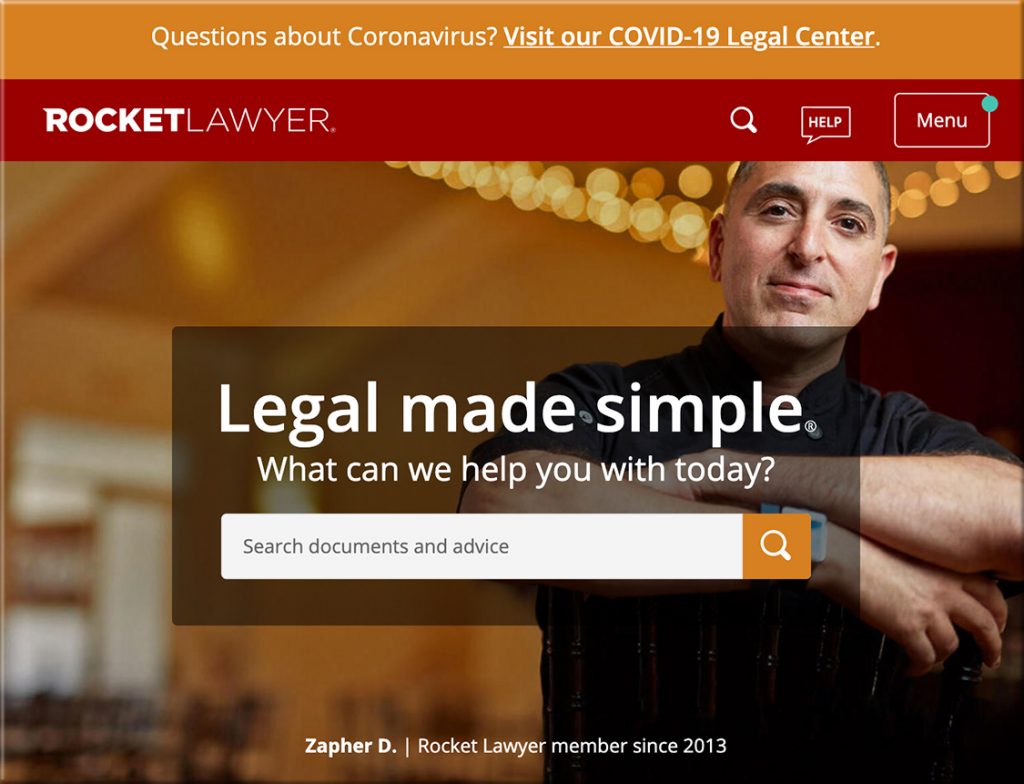
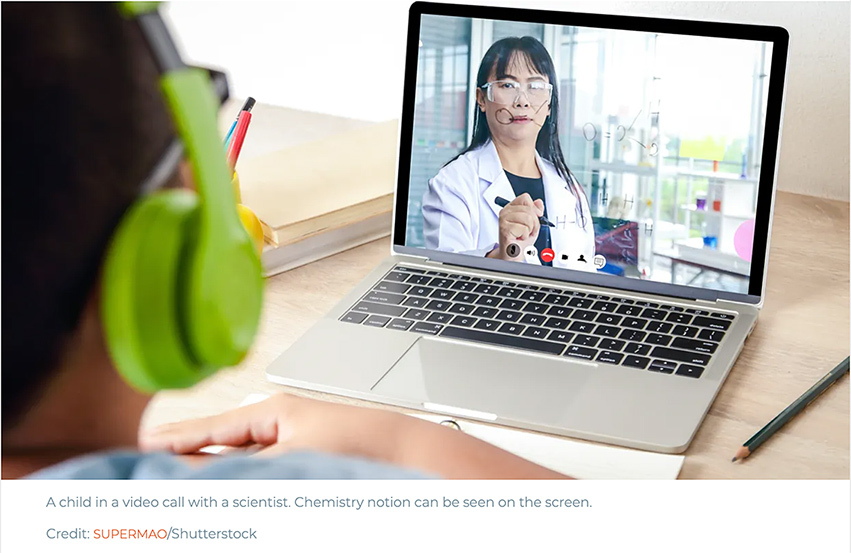
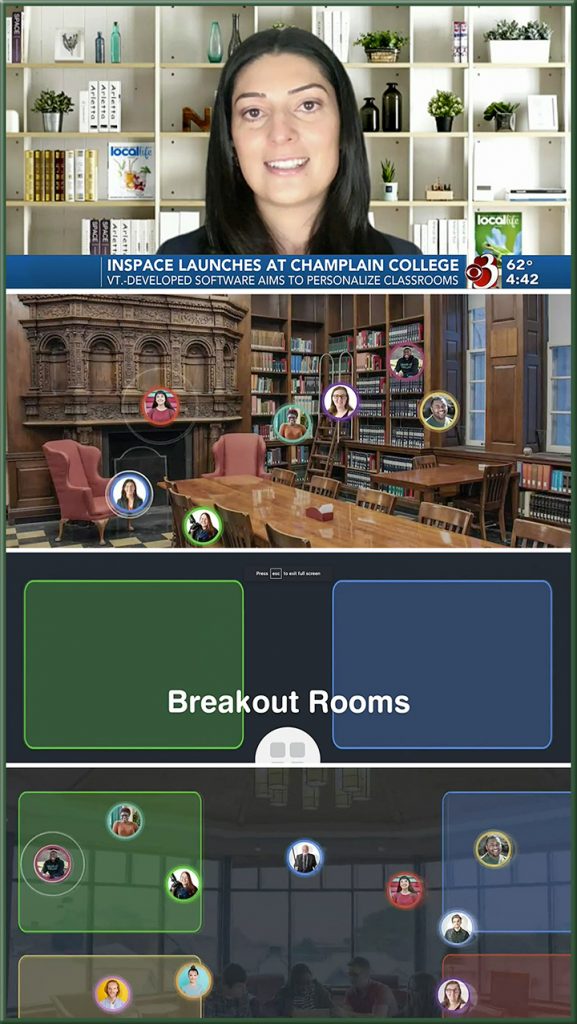
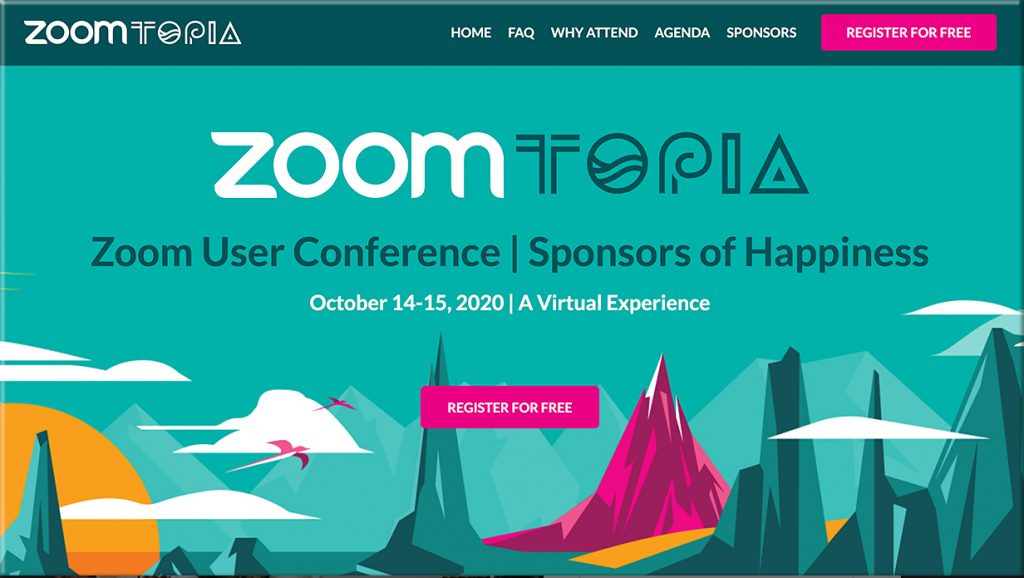
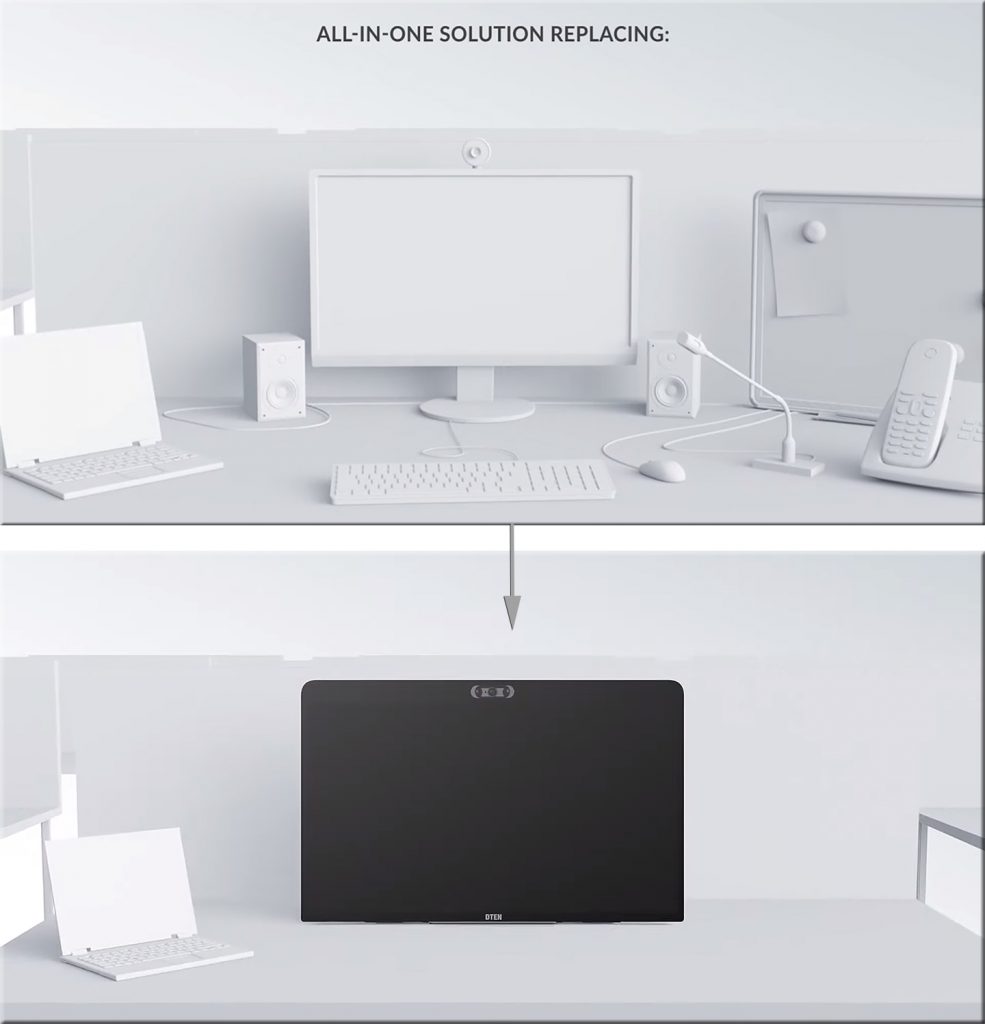
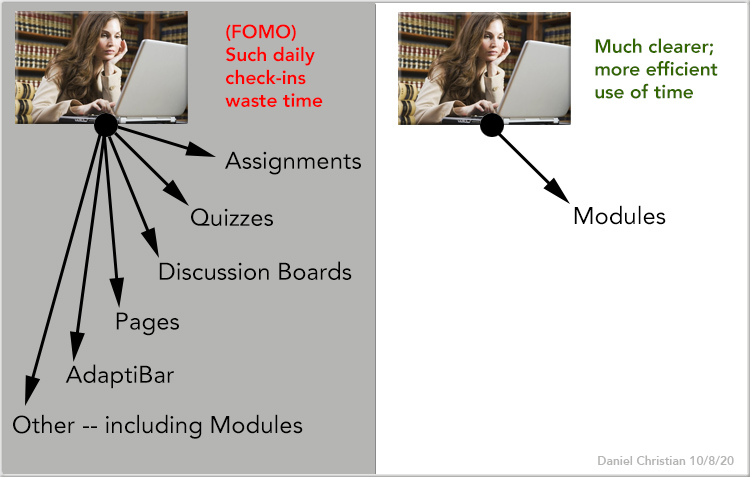

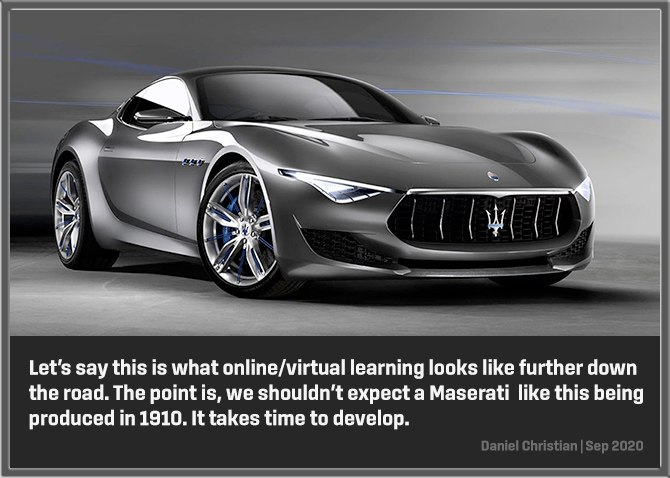

![Care over IP [Inavate EMEA; Covid's impact on remote healthcare continues]](http://danielschristian.com/learning-ecosystems/wp-content/uploads/2020/09/Covid-Impact-On-Remote-Healthcare-Sept2020.jpg)
